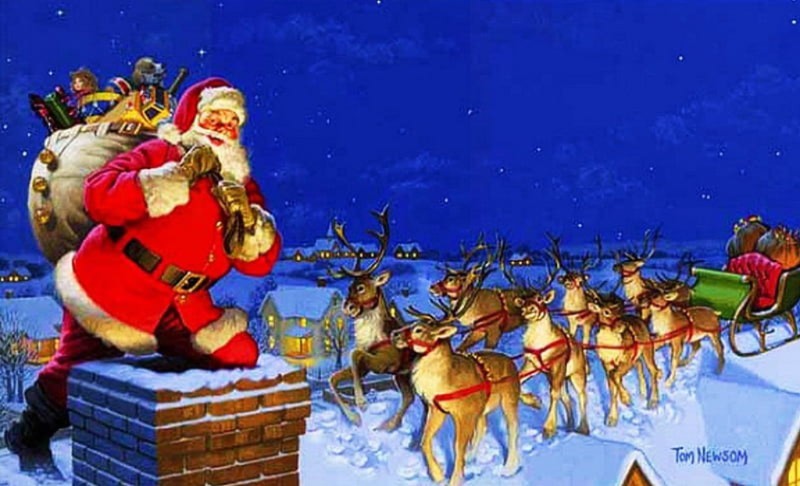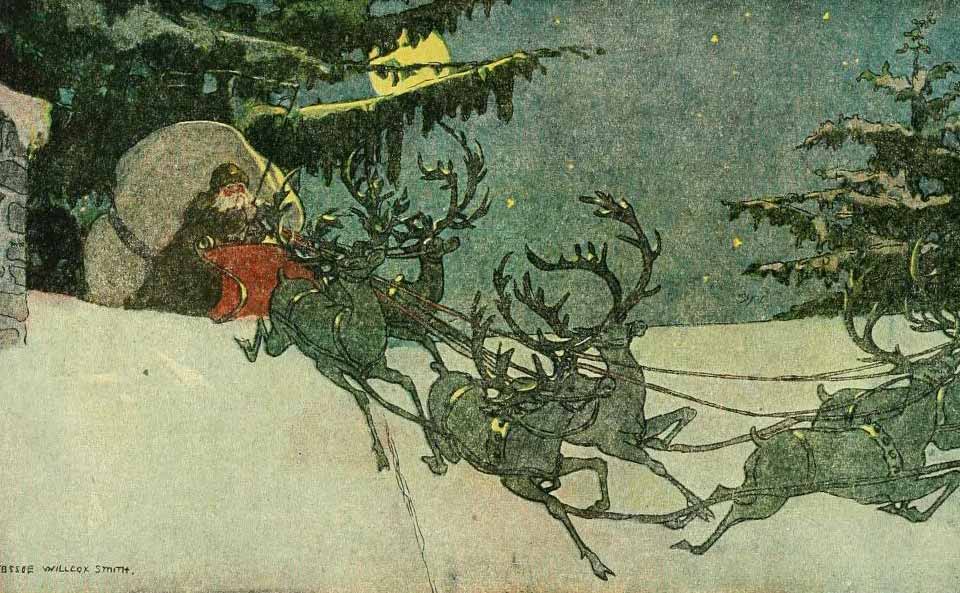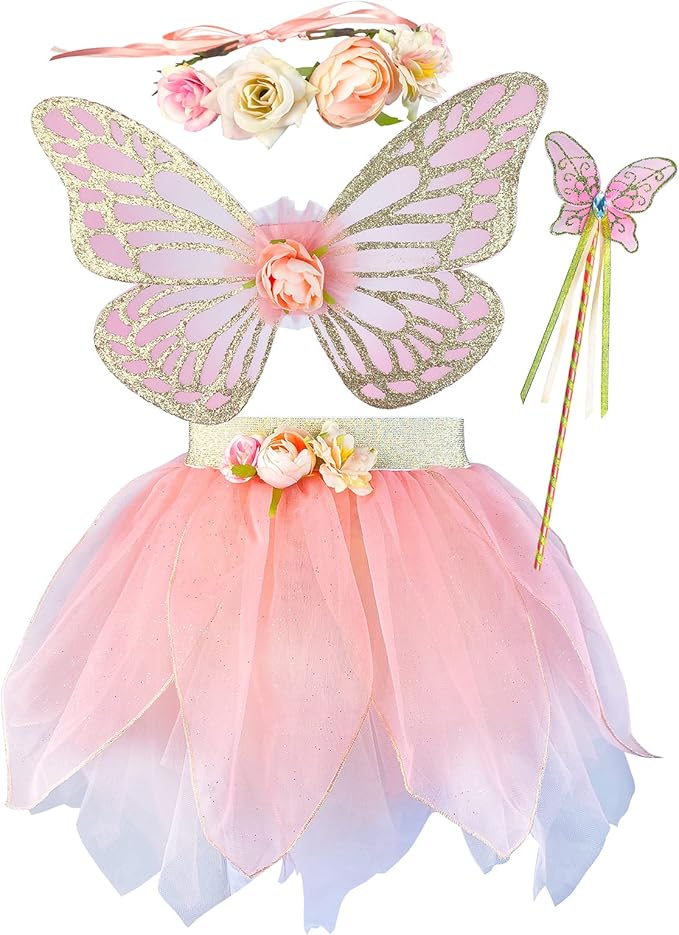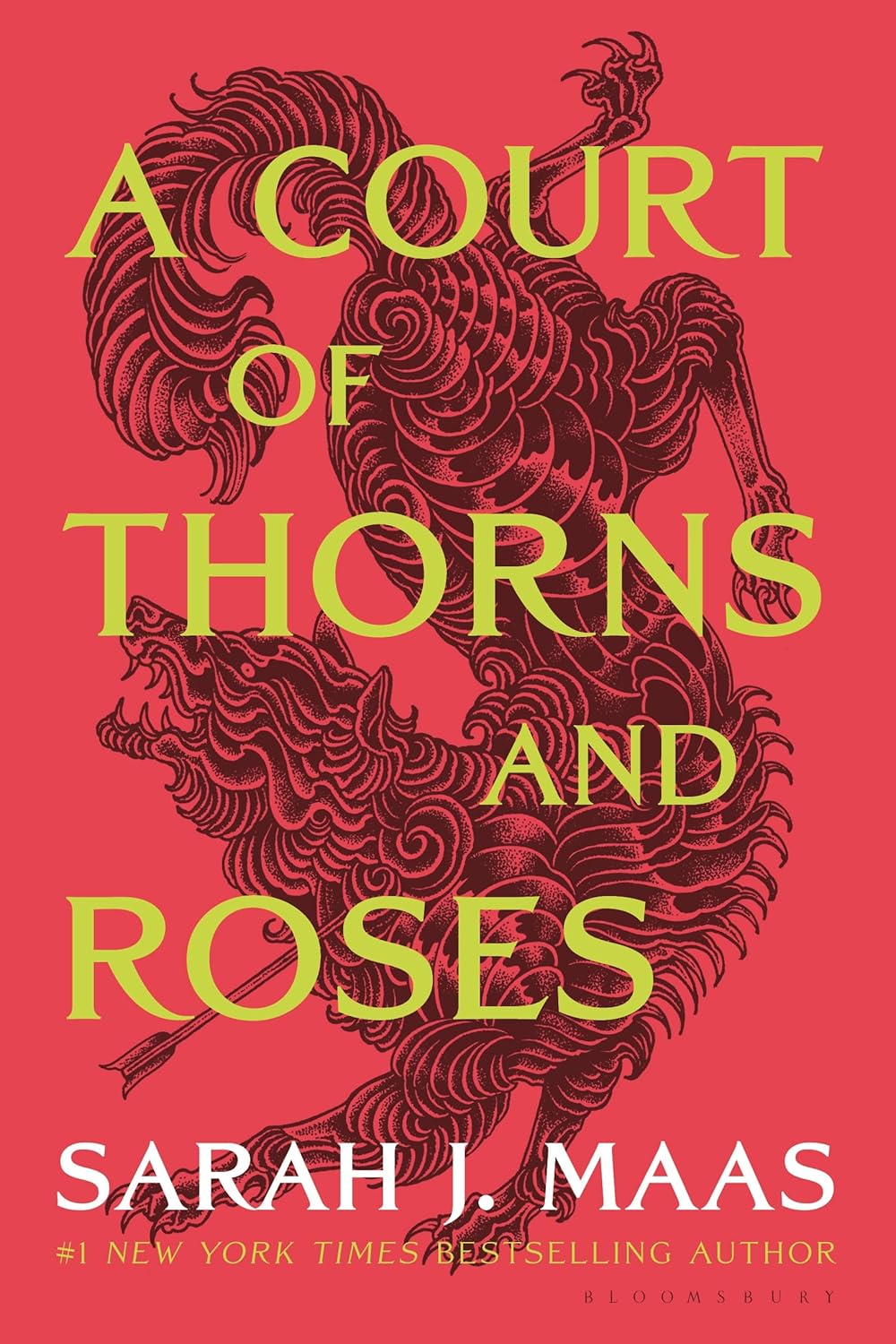- Home
- Fairy Blog
- Fairy Cakes
- Fairy Quotes
- Safety Dance
- The Flower Fairies Books
- What is a Fairy?
- Are Fairies Real?
- Elemental Fairies
- Faeries
- What are the Fae?
- Fae Fantasy Books
- Fairy History
- Origin of Fairies
- Fairies in Folklore
- Pixies
- Pixie Fairy Differences
- Gothic Fairies
- Tooth Fairy
- Fairy Festivals
- Fairy Gardens
- Fairy Garden Accessories
- Fairy Circles
- Fairy Forests
- Fairy Poems
- Fairy Tales
- Fairy Tale Origins
- Classic Fairy Tales
- 24 Fairy Tales
- Fairy Tales around the World
- About Fantasy Creatures
- Dragons
- Dwarves
- Elves
- Gnomes
- Leprechauns
- Mermaids
- Unicorns
- Fairy Face Painting
- Fairy Costumes for Kids
- Free Fairy Art
- Fairy Coloring Pages
- Fairy Crafts For Kids
- Chinese Dragon Art
- How to Draw a Dragon
- Chinese Dragon Drawing
- Dragon Coloring Pages
- Fairy Tattoo Ideas
- About Us
- Contact Us
- Disclaimer
- Privacy Policy
The Night Before Christmas
" T'was The Night Before Christmas"
Most popular Christmas Poem ever - "The Night Before Christmas," also known as "A Visit from St. Nicholas," is a famous Christmas poem written by Clement Clarke Moore in 1823. The poem was first published anonymously in the Troy Sentinel, a newspaper in upstate New York, and it wasn't until years later that Moore publicly acknowledged authorship.

The poem is known for its vivid imagery and the introduction of several elements of the modern Santa Claus story. The verses describe St. Nicholas and his sleigh pulled by eight reindeer, as well as the names of those reindeer. The poem has become an essential part of Christmas traditions in many English-speaking countries and is often read aloud on Christmas Eve.
Over the years, "The Night Before Christmas" has been adapted into various forms, including picture books, animated films, and theatrical productions, making it a beloved and enduring part of the holiday season for generations.
The Poem "The Night Before Christmas"
This easy read never fails to delight, and can be read in just 3 minutes.

Twas the night before Christmas,
and all through the house,
not a creature was stirring, not even a mouse.
The stockings were hung by the chimney with care,
In the hope that St. Nicholas soon would be there.
The children were nestled all snug in their beds,
While visions of sugar-plums danced in their heads.
And mamma in her kerchief, and I in my cap,
Had just settled our brains for a long winter’s nap;
When out on the lawn there arose such a clatter,
I sprang from the bed to see what was the matter.
Away to the window I flew like a flash,
Tore open the shutters and threw up the sash.
The moon on the breast of the new-fallen snow
Gave the luster of midday to objects below—
When what to my wondering eyes should appear
But a miniature sleigh and eight tiny reindeer.
With a little old driver so lively and quick,
I knew in a moment it must be St. Nick.
More rapid than eagles his coursers they came,
And he whistled and shouted and called them by name —
“Now, Dasher! Now, Dancer! Now, Prancer!
Now, Vixen! On, Comet! On, Cupid! On, Dunder and Blixen!
To the top of the porch, to the top of the wall!
Now, dash away! Dash away! Dash away! All!”
As dry leaves before the wild hurricane fly,
When they meet with an obstacle, mount to the sky,
So up to the house-top the coursers they flew
With the sleigh full of toys, and St. Nicholas, too.
And then in a twinkling I heard on the roof
The prancing and pawing of each tiny hoof.
As I drew in my head, and was turning around,
Down the chimney St. Nicholas came with a bound.
He was dressed all in fur from his head to his foot,
And his clothes were all tarnished with ashes and soot;
A bundle of toys he had flung on his back,
And he looked like a peddler just opening his pack.
His eyes—how they twinkled! His dimples, how merry!
His cheeks were like roses, his nose like a cherry;
His droll little mouth was drawn up in a bow,
And the beard on his chin was as white as the snow.
The stump of a pipe he held tight in his teeth,
And the smoke, it encircled his head like a wreath .
He was chubby and plump, a right jolly old elf,
And I laughed when I saw him, in spite of myself.
A wink of his eye, and a twist of his head,
Soon gave me to know I had nothing to dread.
He spoke not a word, but went straight to his work,
And filled all the stockings—then turned with a jerk,
And laying his finger aside of his nose,
And giving a nod, up the chimney he rose.
He sprang to his sleigh, to his team gave a whistle,
And away they all flew, like the down of a thistle;
But I heard him exclaim ere he drove out of sight,
“Merry Christmas to all, and to all a goodnight!”
In conclusion, "The Night Before Christmas" continues to be a beloved and enduring part of holiday celebrations around the world.
As families gather to read the enchanting verses of this classic poem on Christmas Eve, the magic of the season is brought to life, reminding us all of the joy and wonder that fills this special time of year.
So, as we enjoy the warmth and love of our loved ones and the peaceful silence of a winter's night, let us remember the enduring legacy of Clement Clarke Moore's cherished poem and the sense of unity and tradition it has created for generations.
Adorable Fairy Costume Set!
Includes a fairy tutu, wing, wand and flower halo - perfect for parties, dress-up play, pageants and so on.
CLICK HERE for the best price!
Book of the Month
The Best Selling Fae Fantasy Book! A great gift!
CLICK HERE for more information and best price!
Recent Articles
-
What Are Elemental Fairies? The Fairies Of The Natural Elements
Jan 30, 26 02:31 AM
What are elemental fairies? Elemental fairies are magical beings connected to the four natural elements—air, water, earth, and fire. -
What are Fairy Circles?
Jan 13, 26 02:35 AM
Find out how fairy circles offer a fascinating glimpse into both folklore and science. Maybe, just maybe, there's a bit of magic there after all! -
Why Fairies? About Us
Jan 12, 26 03:54 AM
About Us; Why Fairies explains our background




